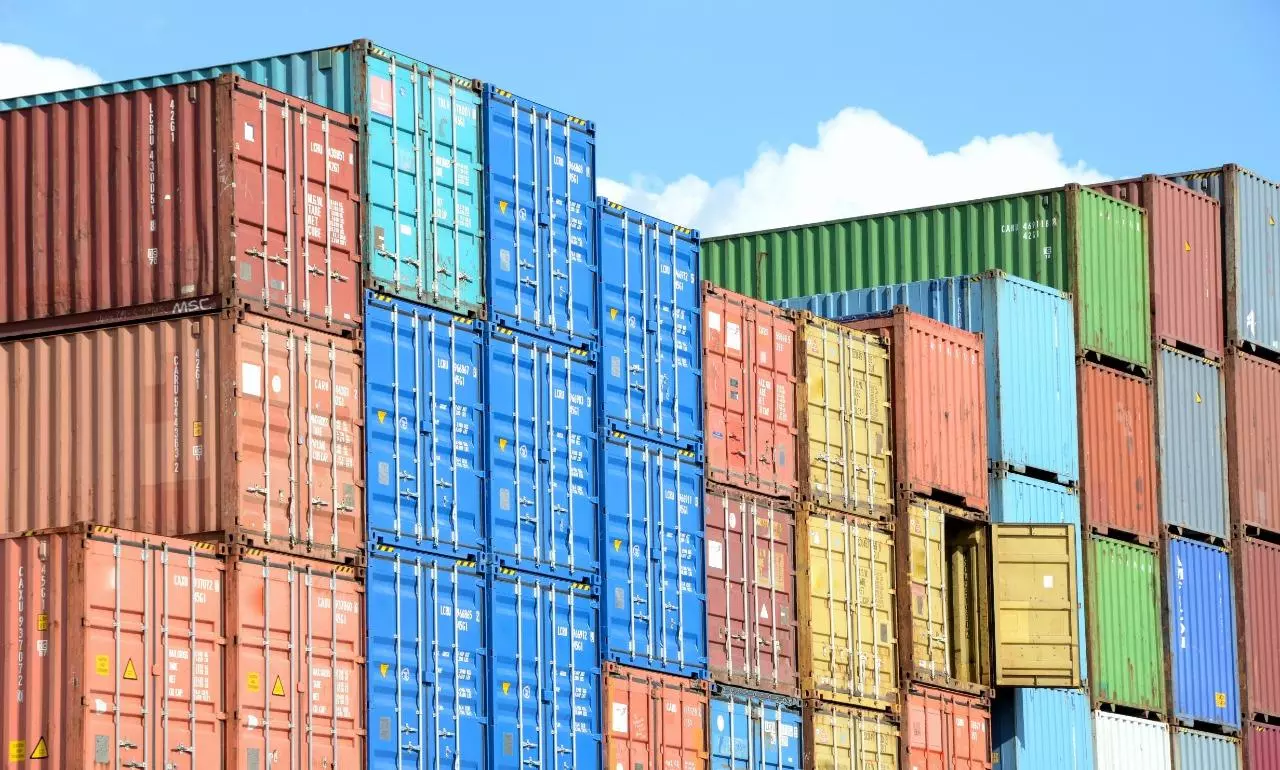China lockdowns, Russia-Ukraine conflict cloud container outlook
Conflict to affect container availability globally but it will vary from port to port: Container xChange
The shipping industry has entered troubled waters again. "The ongoing Russia-Ukraine war has further disrupted the supply chain — blocking the flow of freight, fuel, and even funds," says Container xChange in its latest report.
"The Ukrainian seaports of Odessa and Mariupol are under siege. The northern Black Sea and the Sea of Azov have become inaccessible due to missile attacks on ships and vessels. Trade has ceased, movement of cargo has halted, and containers are stuck at ports."
Overall, the conflict between the two countries is likely to affect container availability globally but the situation will vary from port to port and region to region, the report added.
Strict lockdown in several cities in China, including Shanghai and Shenzhen, is a worrying indicator. "This will further reduce capacity and cause a surge in already inflated shipping prices, says Johannes Schlingmeier, CEO, Container xChange. "The shockwaves will be felt across the U.S., and almost everywhere in the world. Some hypothesise it being "practically impossible" to get containers out of said ports at current.
Dubai saw the maximum increase (17 percent) in 20 DC prices to $2,742 in March from 2,355 in February followed by Miami (15 percent) to $2,355. The largest decline was seen in Los Angeles (7 percent) to $1,717.
Containers piling up in China, U.S.
"As expected, the Container Availability Index (CAx) for two of East China's major ports remained around the 0.6 mark in March. With new lockdowns starting, it is not about to drop anytime soon."
CAx is a tool used to measure import/export moves of full containers across major ports. A reading below 0.5 means more containers leave a port while a reading above 0.5 means more containers are entering the port.
"CAx values for both Los Angeles and Long Beach hover around 0.9 showing no real ease of congestion despite forecast of temporary decrease in inbound containers."
There is market commentary about expectations of significant decrease in freight rates, says Christian Roeloffs, Co-Founder and CEO, Container xChange. "I don't think that will necessarily happen in the short-term but in the mid-term to long-term, this will lead to an increase in rates. It's almost like being in a traffic jam. Some people now stepped on the brakes really heavily and the problem is that this will lead to a significant sort of bulk up in demand for freight services which will essentially be unleashed once the factories reopen. And when the demand is back, the carriers will again not have enough equipment on the ground because not enough equipment went into China during the port lockdowns and not enough vessels are available so that will push up prices once again. "
Container prices divergent in India
Nhava Sheva, India's top container getaway, and Chennai, the gateway to South India, are both witnessing high CAx values.
While 20DC prices have shot up, they have declined sharply for 40 HC.
Some smart moves
*Buying/moving containers from Ningbo or West China before likely lockdown and price rally
*Moving containers to and from India to match new export demand
*Getting containers out of Russia to China via rail before situation worsens; and
*Moving containers to middle states in the U.S. like Houston or Savannah instead of east/west coast.
"We will need more resilient supply chains and that means less concentration on high volume routes," Roeloffs added. "While China-US will still be significantly massive, smaller trade networks will increase to other countries in Southeast Asia, countries potentially in Africa and South America that will pick up some of this uncertainty and some of the volume that now gets diverted from the big supply nation. This will be a very gradual process. And again, it doesn't mean that freight demand from China will decrease now, but I think it might not grow as much anymore."

Jyothi Shankaran
Associate Editor, STAT Media Group. He has worked with IndiaSpend, Bloomberg TV, Business Standard and Indian Express Group. Jyothi can be reached at jyothi@statmediagroup.com



